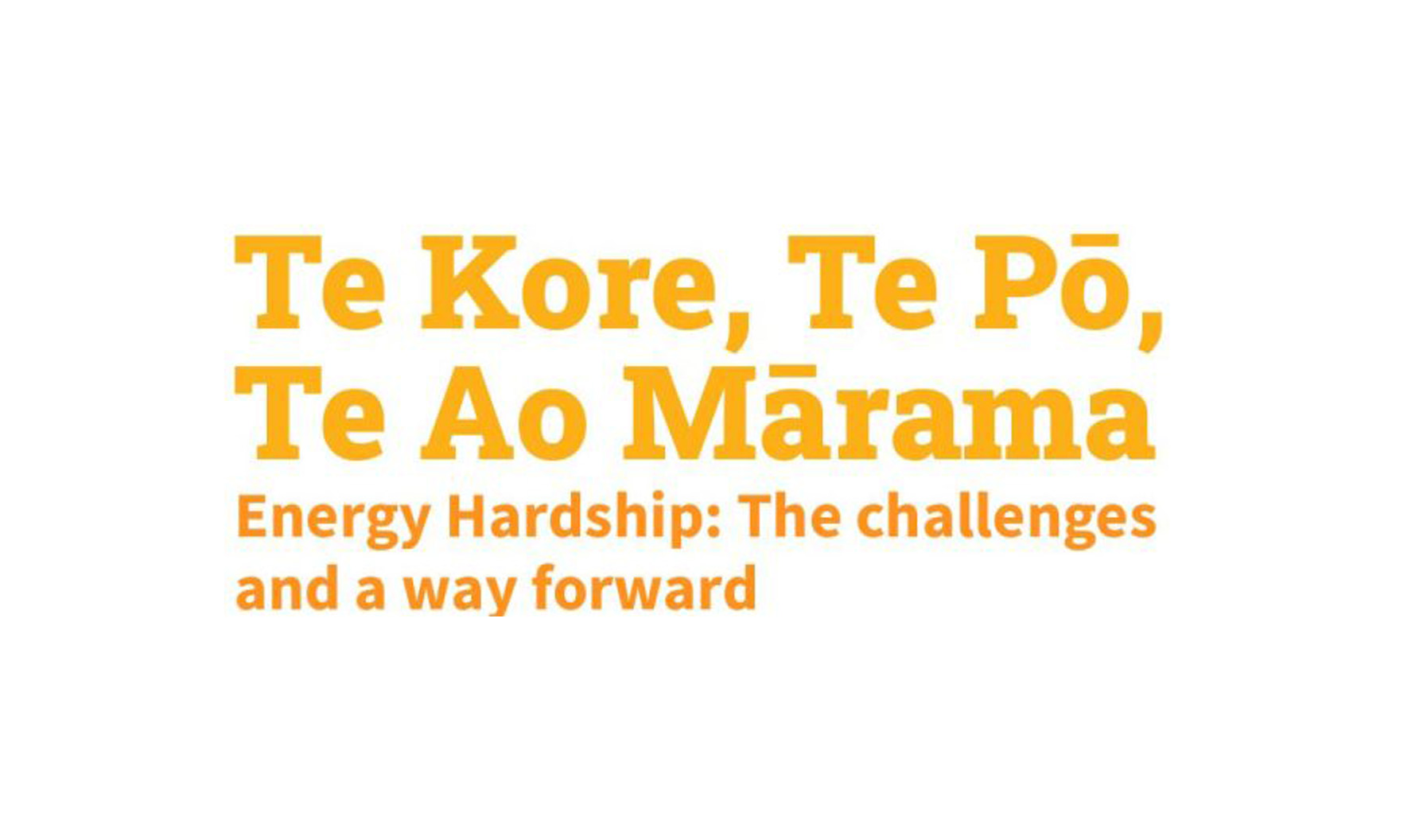The Energy Hardship Expert Panel (EHEP) submitted their final report, ‘Te Kore, Te po, Te Ao Marama Energy Hardship: The challenges and the way forward’, to the Energy Minister back in July. Perhaps the ‘machine of Government’ cranked too slowly to allow us all the opportunity to see this report ahead of the election? Whatever the reasons for the slow response, through an Official Information Request, this report was finally released onto the MBIE website in early November. Better late than never.
The EHEP took their time, talked to many people and organisations, and carefully considered the needs of those in energy hardship alongside the advice given by those who understand many of the opportunities to make a meaningful contribution. In short, it is a comprehensive and robust report. The EHEP were selected by MBIE and was run independently from the political wing of Government. They were formed from a recommendation from another report off the back of an equally independent group who penned the Electricity Price Review back in 2018.
Why is this report important?
Over 200 people die and around 40,000 people go to hospital every year due to health complications caused by energy hardship. This costs us billions of dollars every year and many of the diseases caused by energy hardship have lifelong implications. This report gives us the recipe for making a meaningful dent in those appalling and utterly unacceptable statistics.
We quite rightly use these health outcomes as the core argument for the need to address energy hardship. However, to get the full picture, to understand the true costs and benefits, we need to add the impact on other parts of society like education, ability to work and mental health. Unfortunately, we have many gaps in our national dataset relating to energy hardship, so the full impact is hard to quantify or qualify. This then makes it hard to evaluate existing programmes with regard to outcomes. The need to address these data gaps feature in several recommendations in the report.
If the new Government wants to focus on a Social Impact Investment model for improving our response to energy hardship then these issues relating to data and evaluation need to be addressed urgently.
The other core issue is that there is a plethora of programmes, both within Government and in the regions, have been developed in silos and with little recognition of the churn and inefficiencies they cause when they land in our communities. It is usually up to the local organisations, who are the experts ‘on the ground’, to try and make sense of these programmes in a way that maximises the impact on those in hardship. If we want large scale effective programmes that are also focused on efficient use of taxpayer money, we need to address how these programmes are developed (I.E. remove the silo approach). The EHEP Report also acknowledges this and provides some good guidance on how these issues can be addressed.
We look forward to working with the new Government to develop effective and efficient policy responses to the many well-reasoned recommendations in this report.




